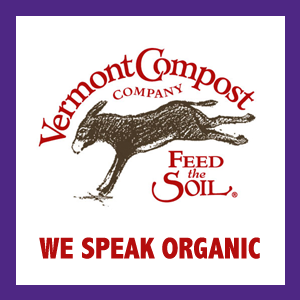management
man·age·ment
/ˈmanijmənt /
1. The organization and coordination of resources and activities to achieve defined objectives.
Farm management.
Financial management.
Employee management.
Business management.
Holistic management.
Image management.
Social media management.
Relationship management.
Soil management.
They're all the same thing - management. And they all take dedicated time, energy, and attention to do well.
Management requires upfront planning – whether it’s annual crop planning, daily activity planning, five-year business planning, or even pausing to plan your very next action before diving into a task – and the positioning of resources – which may include money, people, knowledge, creativity, time, land, inputs, or just about anything else.
It takes monitoring and constant adjustment as the project or task moves forward.
It thrives on an ongoing awareness of all of the tools and resources you have available, and all of the activities that are happening as the thing unfolds.
And it requires knowing your objective, whether that’s ending world hunger or bunching today’s kale harvest.
When you work without a defined objective, or when you don’t monitor and constantly adjust, you’re stuck with the second definition:
2. The process of dealing with or controlling things or people.
And that’s just a whole lot less effective.
Not to mention, it’s not nearly as much fun.
man·age·ment
/ˈmanijmənt /
1. The organization and coordination of resources and activities to achieve defined objectives.
Farm management.
Financial management.
Employee management.
Business management.
Holistic management.
Image management.
Social media management.
Relationship management.
Soil management.
They're all the same thing - management. And they all take dedicated time, energy, and attention to do well.
Management requires upfront planning – whether it’s annual crop planning, daily activity planning, five-year business planning, or even pausing to plan your very next action before diving into a task – and the positioning of resources – which may include money, people, knowledge, creativity, time, land, inputs, or just about anything else.
It takes monitoring and constant adjustment as the project or task moves forward.
It thrives on an ongoing awareness of all of the tools and resources you have available, and all of the activities that are happening as the thing unfolds.
And it requires knowing your objective, whether that’s ending world hunger or bunching today’s kale harvest.
When you work without a defined objective, or when you don’t monitor and constantly adjust, you’re stuck with the second definition:
2. The process of dealing with or controlling things or people.
And that’s just a whole lot less effective.
Not to mention, it’s not nearly as much fun.




 RSS Feed
RSS Feed
